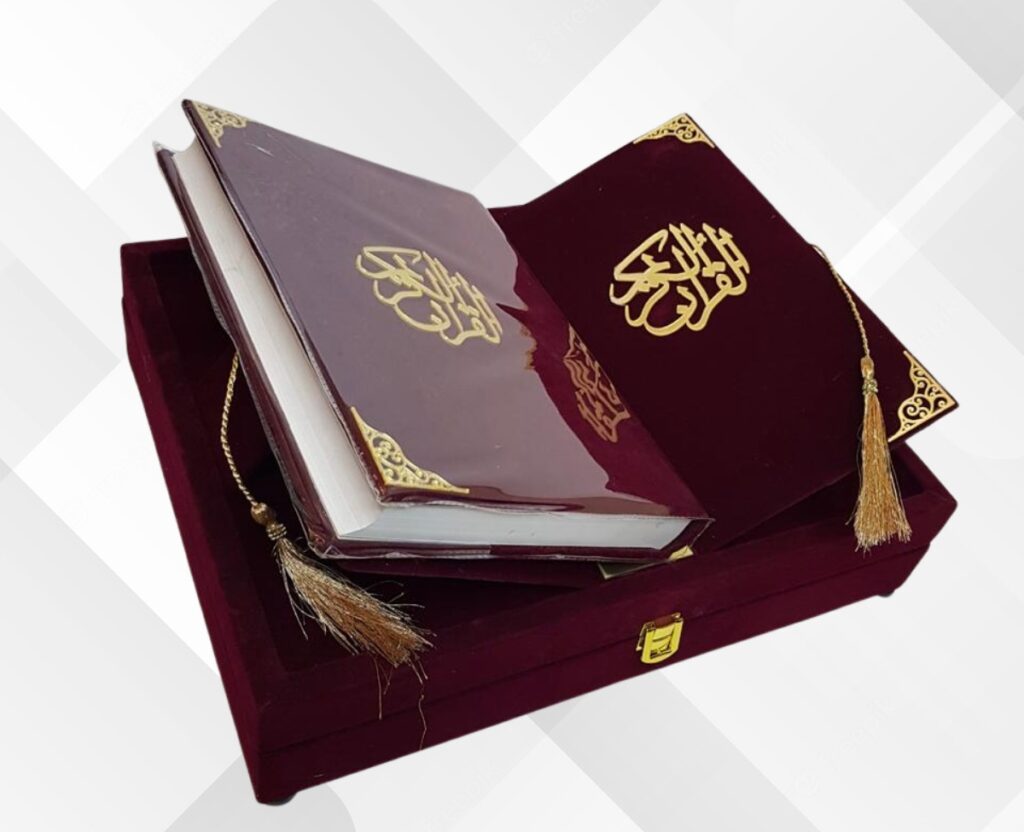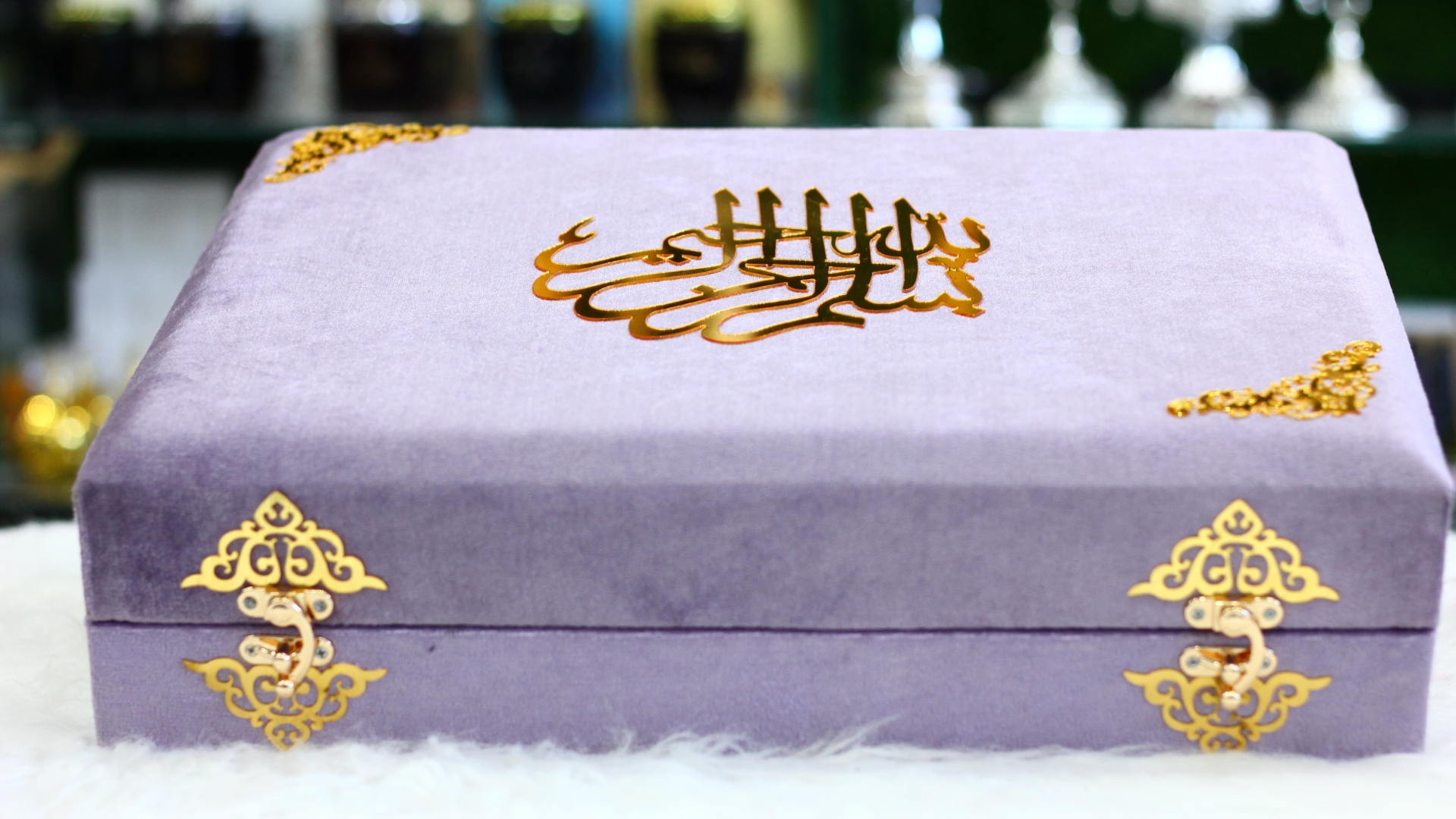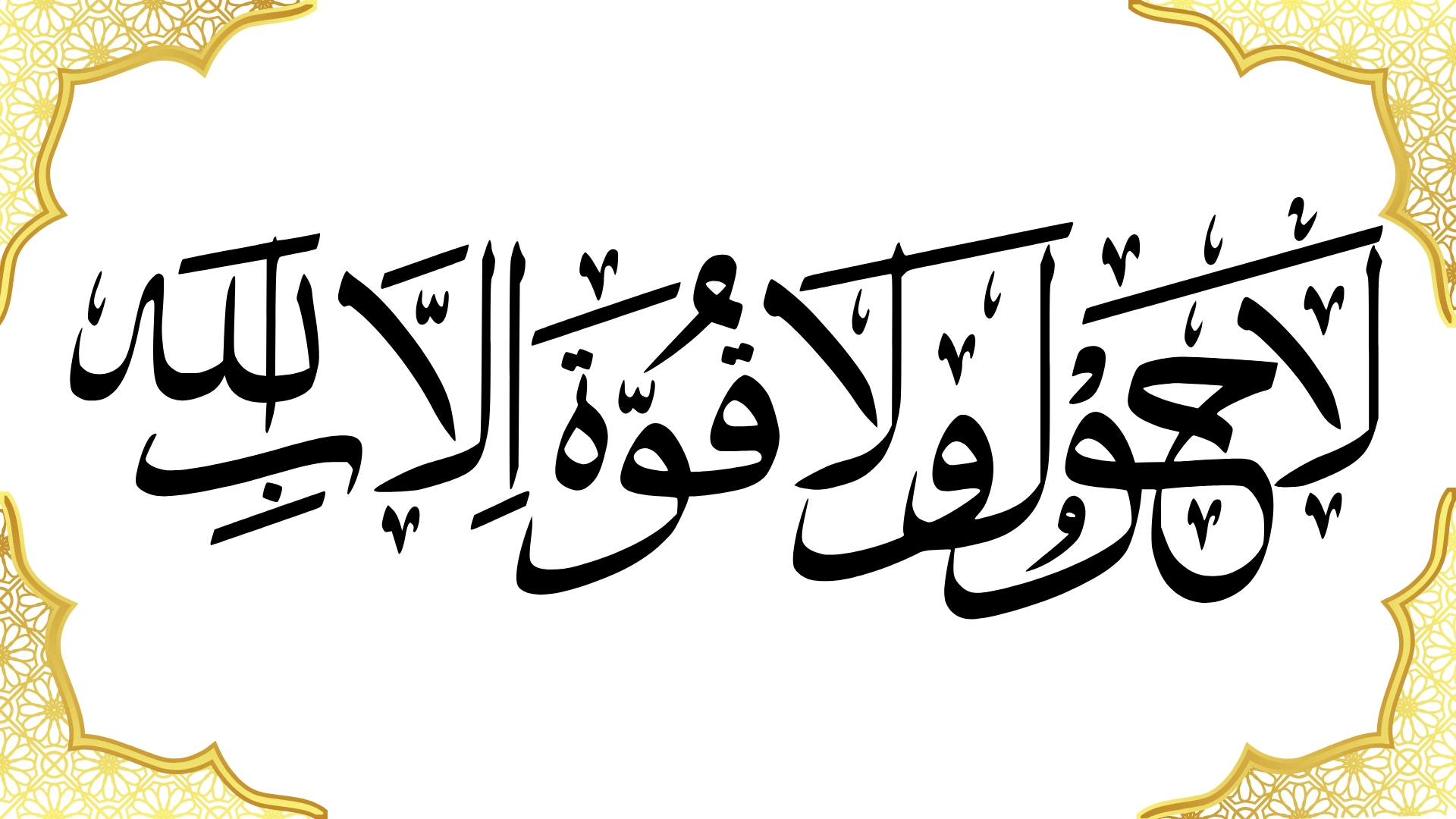The Quran, central to the Islamic faith, is not just a holy book but a profound guide to life. Within its verses, it refers to itself using various names, each reflecting a unique attribute or role it plays. These names—like Al-Furqan (The Criterion) or Al-Nur (The Light)—symbolize its significance as guidance, a reminder, and a source of spiritual solace. Together, they paint a multifaceted picture of the Quran, offering countless ways to connect with its teachings.
Scholars, researchers, and analysts have highlighted the depth these names add to the understanding of the Quran. Past studies emphasize how each name encapsulates an aspect of its divine purpose, from moral guidance to spiritual healing. Experts agree that exploring these titles enhances believers’ comprehension of its timeless relevance. They note how this enriches the personal and communal relationship with the Quran, making it more than just scripture but a dynamic guide for humanity.
Each name of the Quran invites discovery, offering a doorway to its vast wisdom. By reflecting on these names, readers uncover a deeper connection to its divine origins. Imagine the transformation when these attributes are explored not as random labels but as purposeful, meaningful insights. The Quran’s names, vivid and profound, ignite both curiosity and faith, urging one to experience its message with a new lens.
Introduction
The Quran is far more than a book. It is guidance, a reminder, and a source of healing. Its names, mentioned within its verses, reflect its multifaceted essence. Each name unveils a distinct attribute, serving as a gateway to better understanding its message. This article dives deeply into these names and their underlying meanings, illustrating why they matter.
Key Takeaways:
- The Quran’s names signify its diverse dimensions.
- These names serve as tools for believers to deepen their connection to the Quran.
- Each name reveals an essential aspect of its purpose and impact.
Now, let’s discover these names and their meanings.

Al-Quran (The Recited Book)
The name Al-Quran translates to “The Recitation.” It emphasizes the Quran’s primary purpose—recitation as a spiritual act. Muslims recite the Quran in their prayers, reflecting on its meaning while maintaining its timeless oral tradition. Al-Quran serves as a tool to strengthen faith, foster understanding, and attain closeness to Allah.
- Example Verse: “This is the Book (the Quran), whereof there is no doubt, a guidance to those who are Al-Muttaqun (the pious).” (2:2)
Through recitation, believers immerse themselves in divine knowledge, striving to live in harmony with its teachings.
Al-Furqan (The Criterion)
Al-Furqan means “The Criterion.” It positions the Quran as a guide to distinguishing right from wrong. This name reflects the Quran’s role as a moral compass, providing clear principles for ethical living. It encourages reflection on one’s actions while maintaining a just and righteous path.
- Example Verse: “Blessed is He Who sent down the Criterion to His servant, that it may be an admonition to all creatures.” (25:1)
Al-Furqan inspires believers to make choices aligned with divine wisdom, ensuring justice prevails.
Al-Kitab (The Book)
The name Al-Kitab translates to “The Book.” It underscores the Quran’s composition as a written record of divine revelation. This term emphasizes its comprehensive nature, containing guidance for various aspects of life—spiritual, social, and ethical.
- Example Verse: “By the clear Book, indeed We sent it down during a blessed night.” (44:2-3)
Al-Kitab reminds Muslims of the Quran’s authority as a sacred scripture directly addressing humanity’s needs.
Al-Dhikr (The Reminder)
Al-Dhikr, or “The Reminder,” highlights the Quran’s role in providing moral and spiritual guidance. This name reflects its ability to constantly remind humanity of Allah’s presence and greatness, encouraging reflection and self-improvement.
- Example Verse: “Indeed, We have sent down the Reminder (the Quran), and indeed, We will guard it.” (15:9)
Al-Dhikr serves as a constant call to maintain mindfulness of Allah and strive toward righteousness.
Al-Tanzeel (The Revelation)
Al-Tanzeel means “The Revelation,” emphasizing the Quran’s divine origin. It highlights the miraculous process through which Allah’s words were revealed to the Prophet Muhammad (peace be upon him) via the Angel Gabriel.
- Example Verse: “And indeed, it is the revelation of the Lord of the worlds.” (26:192)
Al-Tanzeel underscores the Quran’s authenticity as the unaltered word of Allah, meant to guide humanity.
Al-Huda (The Guidance)
Al-Huda translates to “The Guidance.” This name captures the Quran’s role in offering direction for believers. It provides clear guidelines for faith, moral behavior, and daily life, aiding individuals and communities.
- Example Verse: “This is the guidance of Allah, with which He guides whomsoever He will…” (39:23)
Al-Huda inspires Muslims to follow its teachings wholeheartedly to attain spiritual fulfillment.
Al-Nur (The Light)
The name Al-Nur, or “The Light,” depicts the Quran’s illuminating quality. It dispels ignorance and provides clarity for those seeking truth. Its divine wisdom enlightens hearts and minds, guiding individuals along the path toward Allah.
- Example Verse: “There has come to you from Allah a Light and a clear Book.” (5:15)
Al-Nur sheds spiritual light on believers, helping them find clarity amidst life’s uncertainties.
Al-Shifa (The Healing)
Al-Shifa, meaning “The Healing,” represents the Quran’s ability to bring peace and comfort. It heals spiritual ailments, guides the troubled soul, and provides solace for those in distress.
- Example Verse: “And We send down from the Quran that which is a healing and a mercy to those who believe…” (17:82)
Al-Shifa demonstrates the Quran’s power to nurture mental, spiritual, and even physical well-being.
Al-Burhaan (The Clear Evidence)
Al-Burhaan translates to “The Clear Evidence.” It emphasizes the Quran’s undeniable truth and its role as evidence of Allah’s existence and wisdom.
- Example Verse: “…Certainly, clear evidence has come to you from your Lord.” (6:157)
Al-Burhaan encourages reflection on the Quran’s teachings, reinforcing belief in Allah and Islam.
Al-Haqq (The Truth)
Al-Haqq, meaning “The Truth,” signifies the Quran’s authenticity. It reveals life’s purpose, the nature of existence, and the essence of righteousness.
- Example Verse: “And indeed, it is the absolute truth.” (69:51)
Al-Haqq inspires believers to trust its guidance and remain steadfast.
Al-Rahmah (The Mercy)
The name Al-Rahmah, or “The Mercy,” reflects the Quran’s compassionate nature. It illustrates Allah’s boundless kindness and encourages followers to embody mercy and forgiveness.
- Example Verse: “And We send down in the Quran such things that are healing and mercy for the believers…” (17:82)
Al-Rahmah teaches believers to appreciate Allah’s favors and show mercy in their interactions.
Al-Mau’iza (The Admonition)
The name Al-Mau’iza, meaning “The Admonition,” depicts the Quran’s role in offering lessons and advice. It reminds believers of the consequences of their actions and inspires self-reflection.
- Example Verse: “O mankind! There has come to you an admonition from your Lord…” (10:57)
Al-Mau’iza urges constant mindfulness and accountability, shaping better individuals and societies.
Why These Names Matter
Each name of the Quran emphasizes a unique aspect of its divine message. Together, they reveal the Quran’s comprehensive purpose—to guide, heal, enlighten, and remind. These names resonate deeply with Muslims, nurturing faith and uplifting souls.
Conclusion
Identifying and understanding the names of the Quran enhances one’s connection to its teachings. It allows believers to appreciate the Quran’s timeless relevance in their personal and communal lives. By reflecting on these names, Muslims recognize the Quran not just as text but as a living, dynamic guide for all humanity.
The Quran’s diverse names remind us that Islam is more than rituals—it’s a profound way of life. Its names call us to reflect, act, and transform. The deeper our appreciation, the closer we come to understanding its divine origins and profound depth.




